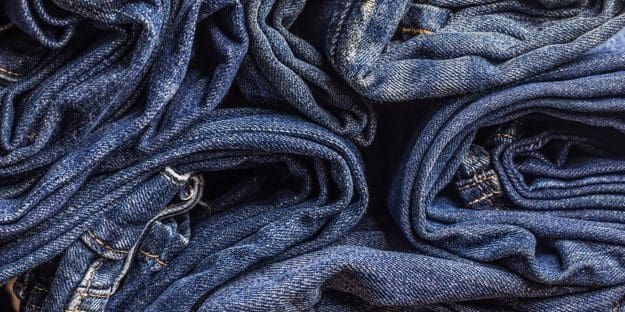With the opening of its own mill, Saitex, a sustainability-focused denim maker, has moved its production skills to the next level.
The 100,000-square-meter complex will open its doors to clients in August at the Nhon Trach Industrial Zone in Dong Nai, Vietnam, just 40 minutes from its manufacturing in Ho Chi Minh City. The new facility, which is a certified B Corp, will complement the company’s denim plant, which produces 18,000 pairs of jeans every day on average.
Saitex has pioneered water-saving technologies that reduce the average effect of a single pair of jeans from 80 litres to only 1.5 litres, and is ramping up production at a recently constructed stateside factory near Los Angeles. Water-recycling equipment has been installed in its semi-automated facilities on both sides of the world, allowing the resource to be used in the washing and finishing process indefinitely.
“I think [the mill] gives not only Saitex, but whoever else we supply the fabric to, a unique opportunity to probably have the most sustainable fabric on the planet,” founder Sanjeev Bahl told Sourcing Journal. “We’ve taken a strong position that all the fabric that we manufacture in our plant will either be organic or recycled.”
Staying true to its established ethos, Saitex has taken “all the steps that we needed to make [the mill] infrastructurally sound,” Bahl added. “We recycle all the water, and go as far as creating steam from sludge—so the whole concept has been to use waste as an input for manufacturing.”
Despite the large list of operating characteristics, manufacturing structures will only cover half of the mill’s footprint. A full 40% will be set aside for a clean, hydroponic vegetable farming system that will provide 6 tonnes of produce each year to workers and the local community.
While Saitex’s stated objective is to make the mill carbon neutral by 2025, it expects to offset any emissions by planting 6,000 trees in its industrial park and more than 123 acres of mangrove trees in the surrounding area.

